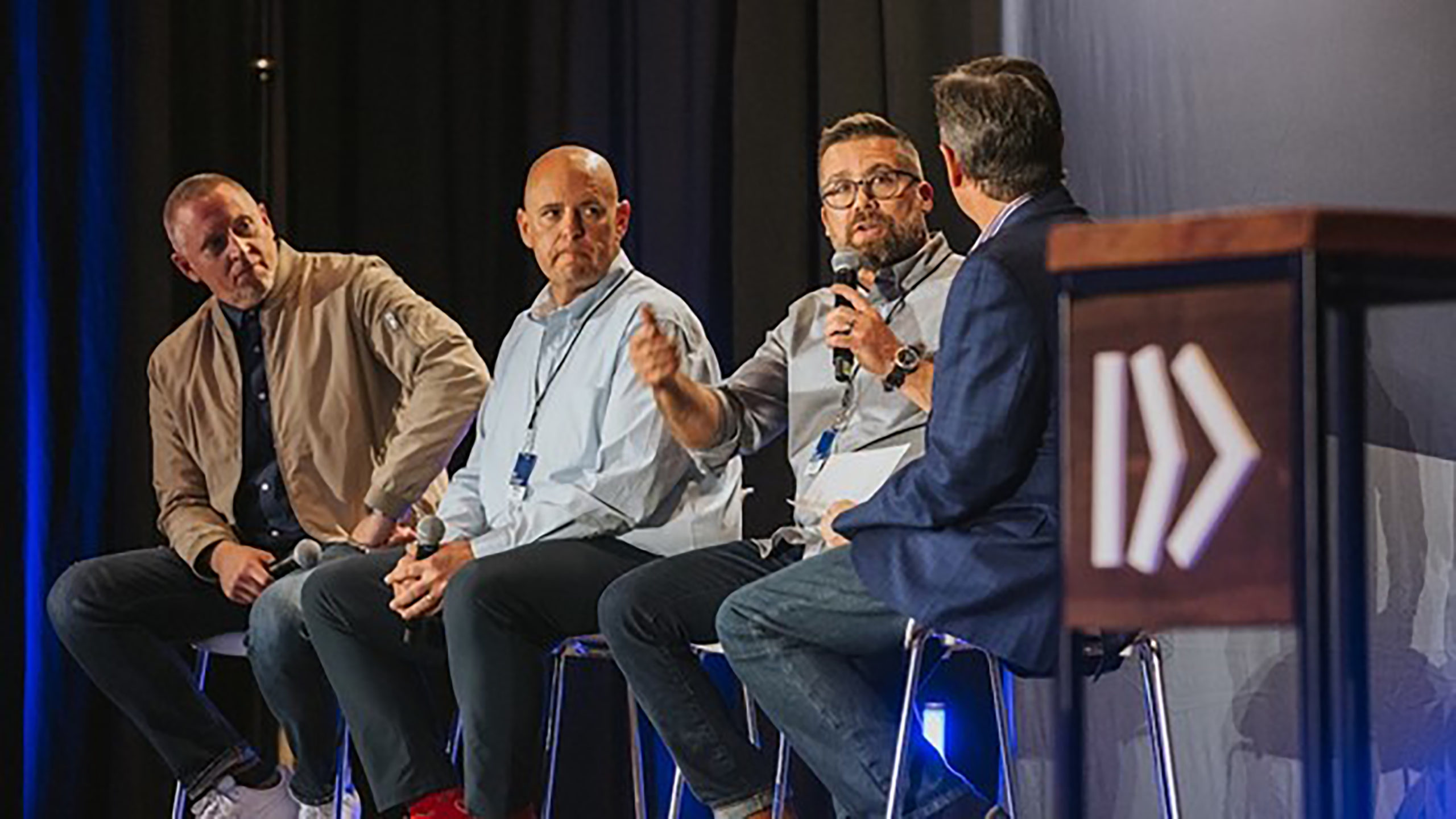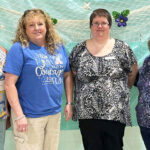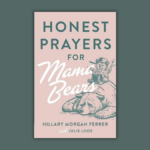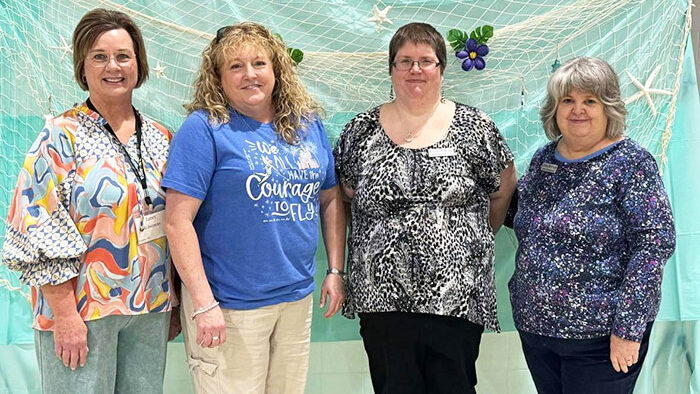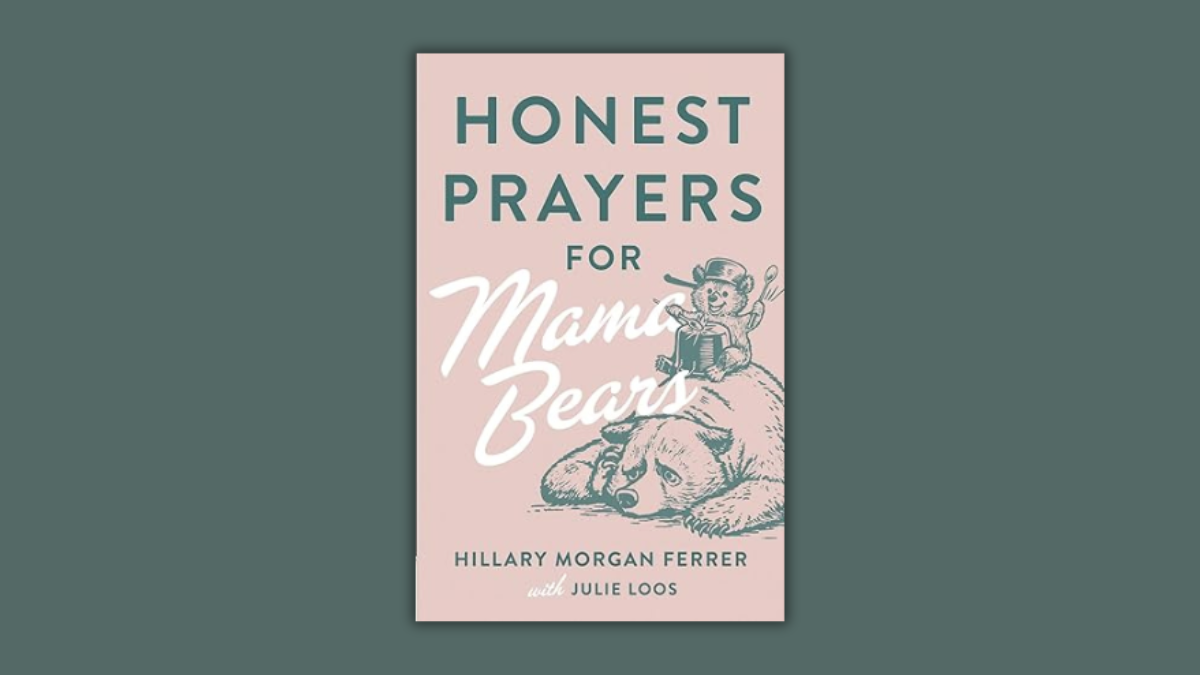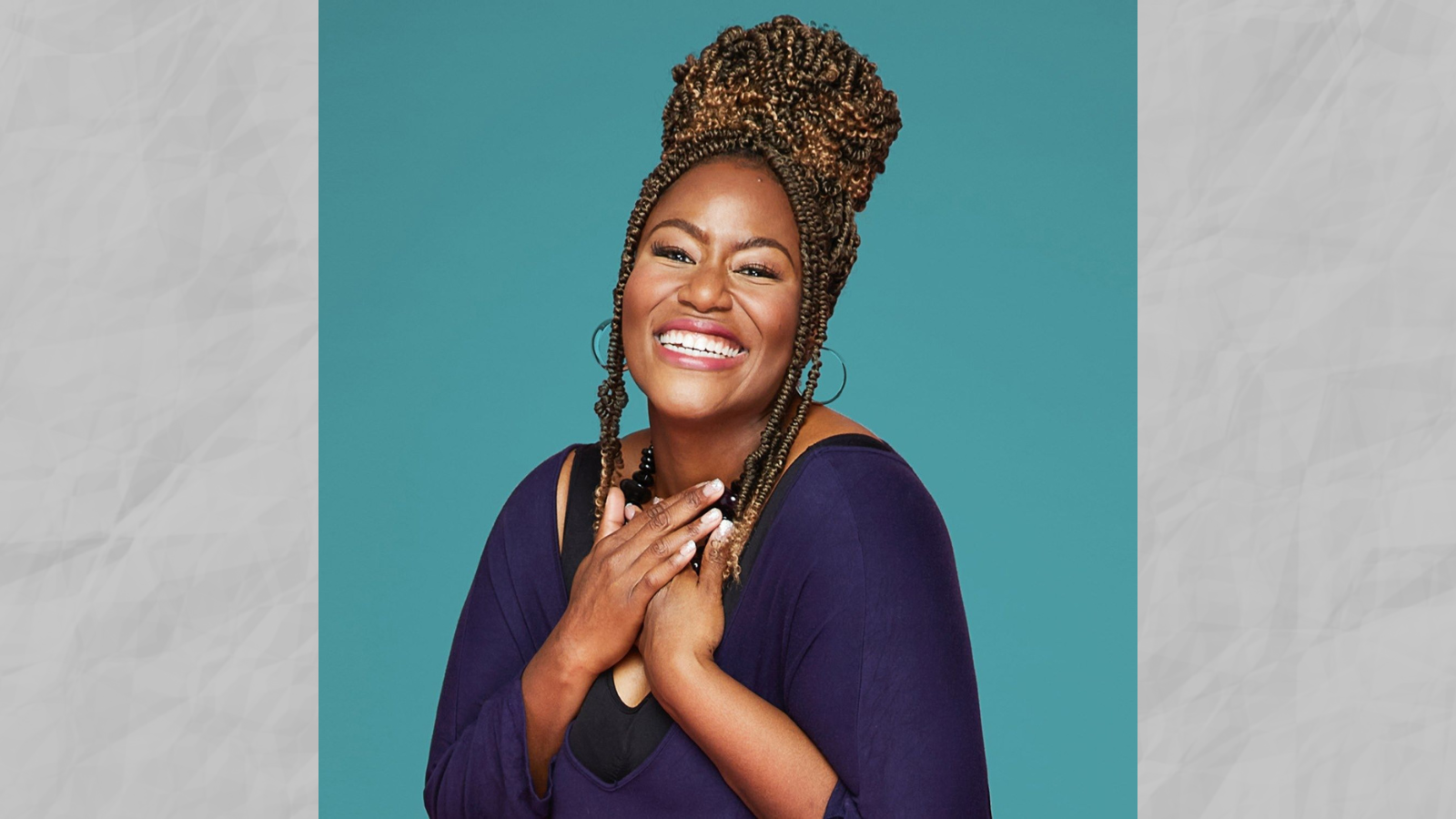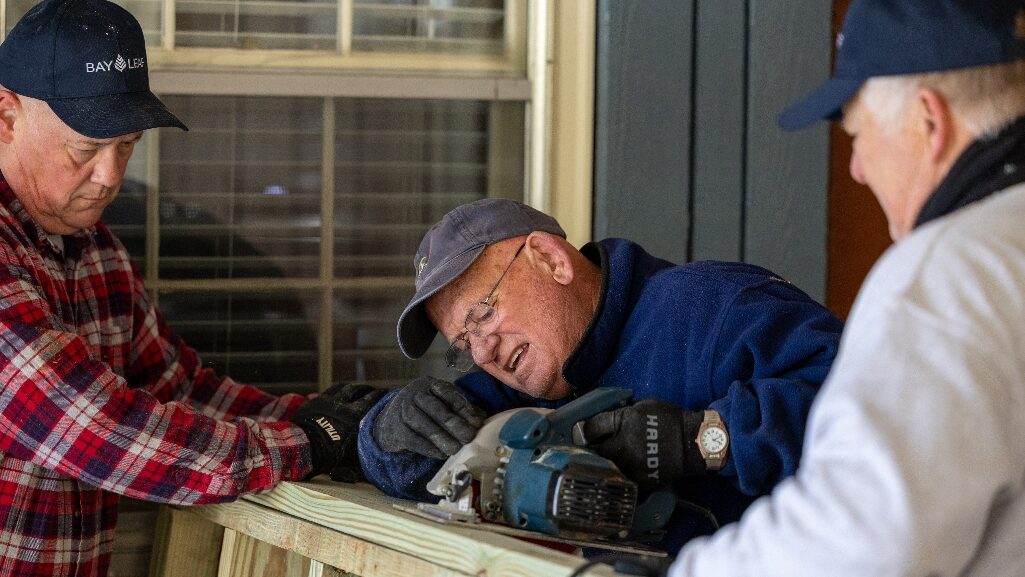North American Mission Board trustees, meeting in Phoenix Feb. 14-15, spent time with area church planters and celebrated a new suite of resources NAMB is offering to new planters who are endorsed through its Send Network church planting arm.
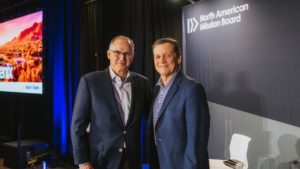
NAMB President Kevin Ezell and Hance Dilbeck, president-elect of GuideStone Financial Resources, shared that church planters assessed and endorsed by NAMB’s Send Network in 2022 will, for the first time, have the opportunity to enroll themselves and their families in GuideStone’s Value Health 5000 plan. Send Network will cover 100 percent of the premium for an entire family for 12 months, after which, the church plant will be required to take responsibility for the premium, NAMB reported.
Ezell also highlighted additional services NAMB is offering new planters, which include a bookkeeping service, an online tithing platform and other digital tools. See related article.
Church planting challenges in the West
At Monday evening’s (Feb. 14) trustee celebration dinner, David Johnson, executive director of the Arizona Southern Baptist Convention, welcomed trustees to Arizona on the day that marked 110 years since Arizona became a state.
“This is Arizona Statehood Day, and Arizona Baptists have no better partner than the North American Mission Board,” Johnson said. Johnson later joined Ezell on stage with Steve Bass to share some of the unique challenges involved with planting churches in the West along with sharing a history of Baptist work in Arizona. Bass served as executive director of the Arizona Southern Baptist Convention prior to Johnson and is now vice president of convention relations for NAMB.
Ezell also introduced Vance Pitman at the dinner. Pitman, who has pastored Hope Church Las Vegas since 2000, will begin serving as Send Network president on March 1.
Earlier in the day, trustees loaded buses and traveled to two different churches to hear the stories of local church planters and get to know them better.
Brian Bowman, NAMB’s city missionary to Phoenix, told trustees there is not a hostility toward the gospel in the city, but a growing indifference.
“People in Phoenix believe you should have a church just like you have a membership at a fitness club,” Bowman said. “But you probably never show up at either.”
Church planters are playing catch-up in Phoenix. Arizona regularly scores near the top of “fastest growing state” lists, and Phoenix grew faster than any other large city in the United States between 2010 and 2020.
Other highlights
At their full board session on Tuesday, trustees also received several reports and voted to approve multiple resolutions. Highlights included the following:
- Trustees voted to receive the fiscal year 2021 Report of the Independent Auditors submitted by Batts, Morrison, Wales and Lee, PA. NAMB received an “unqualified” opinion, the highest rating possible, indicating full compliance with generally accepted accounting principles.
- A resolution to transfer $15 million from NAMB’s investment assets to Send Relief for use in the purchase of and further development of Send Relief Ministry Centers was approved by trustees.
- Matt Smith, NAMB’s chief financial officer, reported that four months into the fiscal year, revenue remains strong and expenses are running less than income.
- Trustees also approved responses to several motions from the 2021 Annual Meeting of the Southern Baptist Convention that were referred to NAMB. The responses will be reported back to messengers at the 2022 Annual Meeting in Anaheim, California.
- Tanya York, who chairs NAMB’s Send Relief committee, reported that Send Relief signed a new working agreement with Southern Baptist Disaster Relief during the SBDR Roundtable Jan. 27 in Albuquerque, New Mexico.
In his report to trustees, after detailing the new church planter resources, Ezell spotlighted how NAMB has built its primary ministry areas around meeting the needs of pastors. This includes leadership development, evangelism resources, encouragement and care through Timothy+Barnabas retreats, as well as church planting and compassion ministry resources through Send Network and Send Relief.
“Every church can be involved,” Ezell said. But with only around 5,000 churches specifically engaged in church planting, he added, “There is still tremendous opportunity here. A church will be stronger if they start looking outside themselves.”
Repeating the need for more workers in the harvest field, Ezell said, “We could plant 100 more churches tomorrow if we had the church planters. They are in your churches. We have to disciple and multiply them.”
EDITOR’S NOTE — This story was written by Mike Ebert and was originally published by the North American Mission Board.

